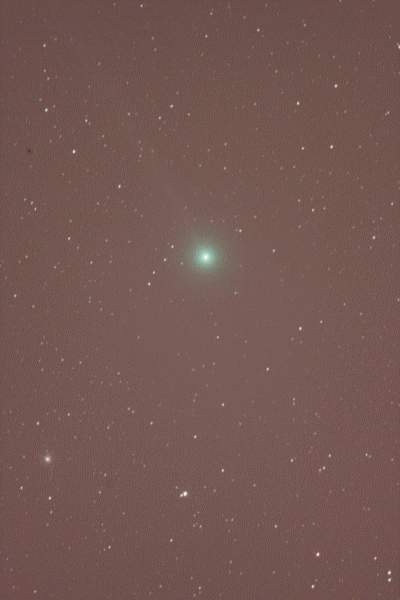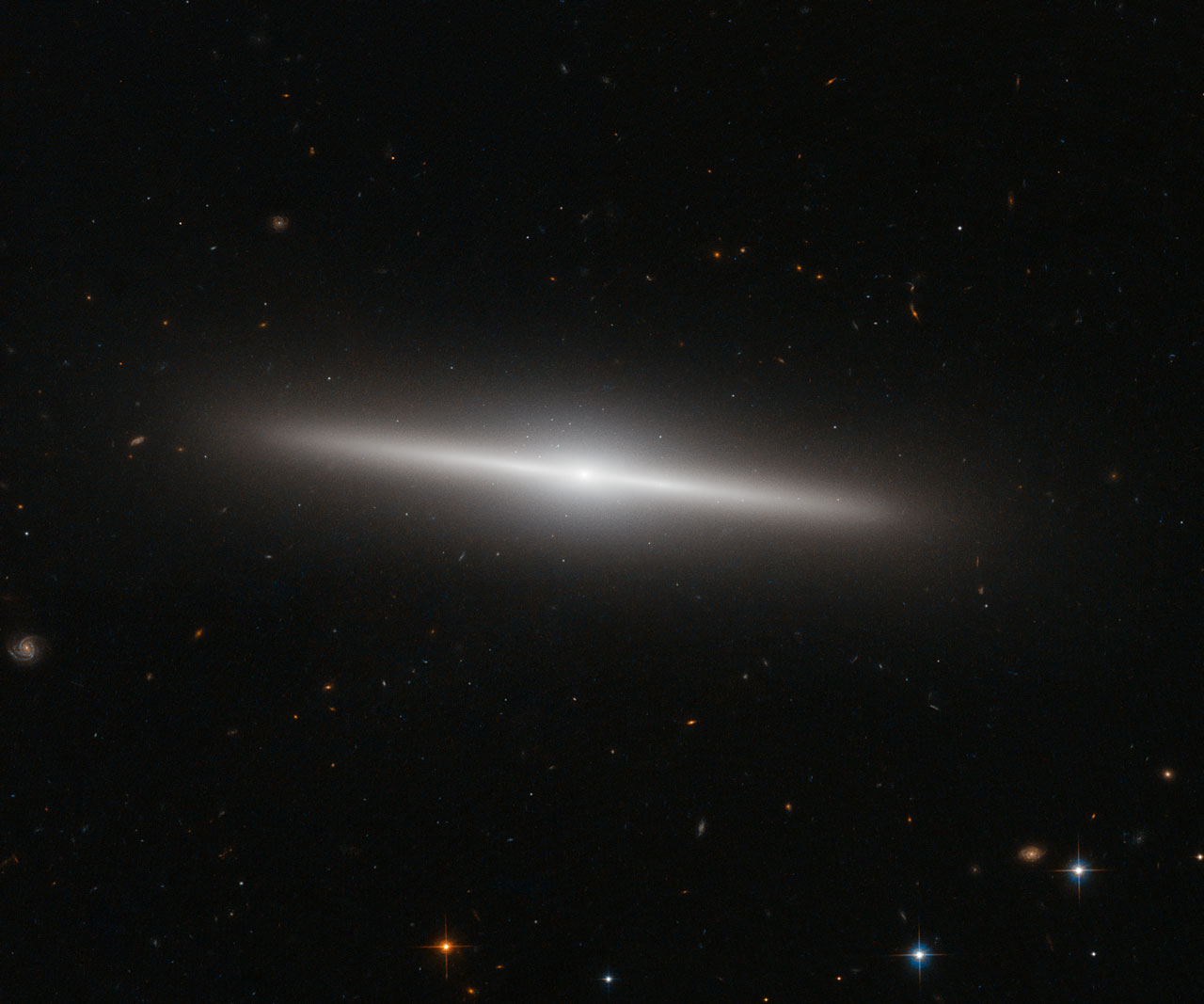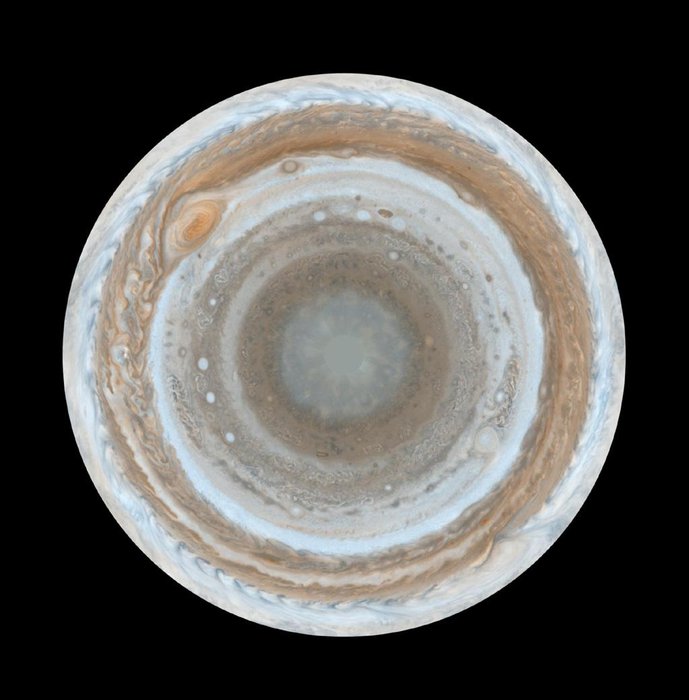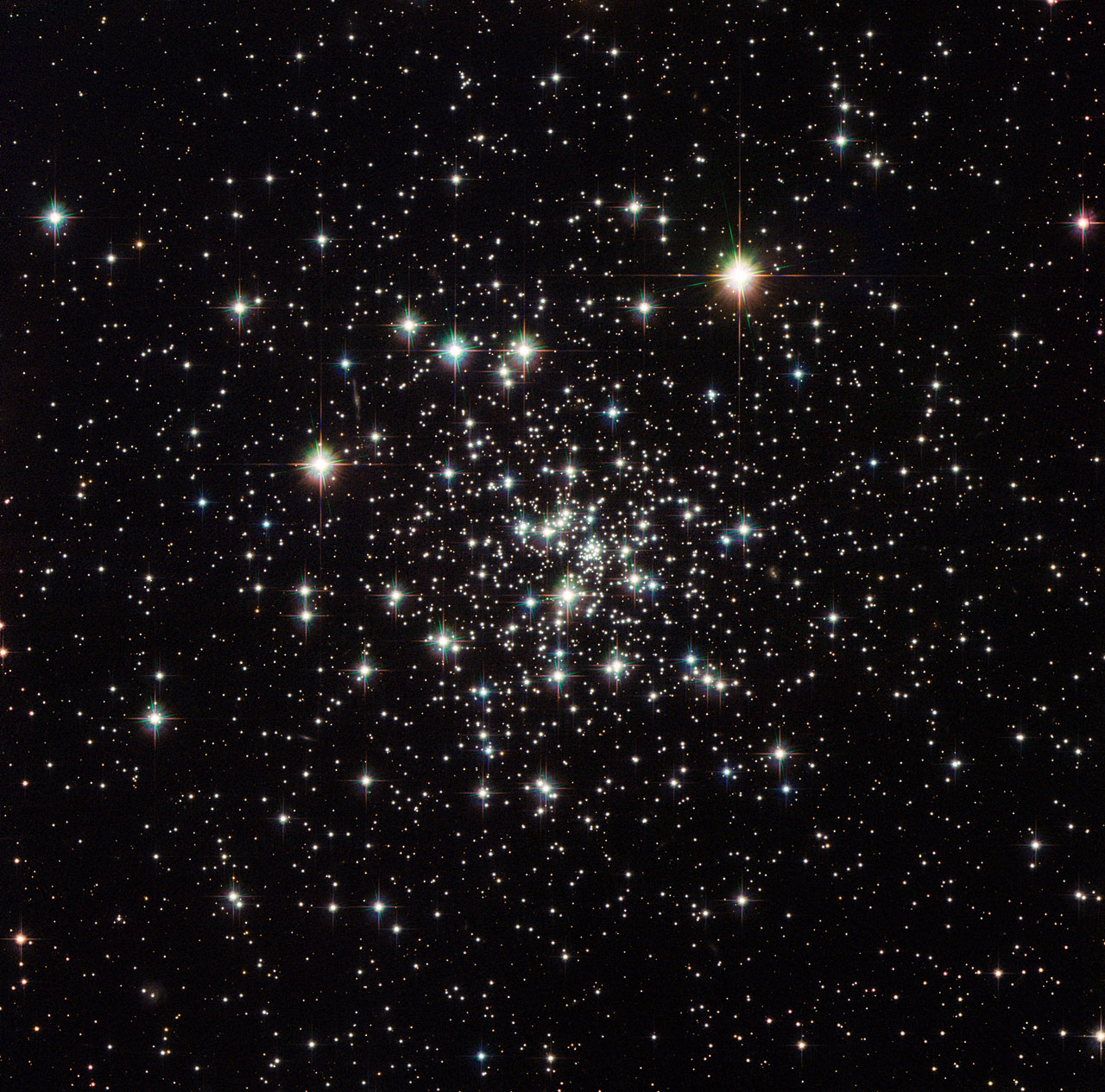Found images: December 2014
-
zonalunar
- Ensign
- Posts: 38
- Joined: Wed Nov 17, 2010 8:26 pm
- Location: Alfinach - Puzol - Valencia
- Contact:
Re: Found images: December 2014
The Tadpoles of IC 410
Copyright: AVA - CAAT (Centro Astronómico del Alto Turia) http://www.astroava.org
Processing: Alfonso Carreño (Observatorio Zonalunar) http://www.zonalunar.com
Copyright: AVA - CAAT (Centro Astronómico del Alto Turia) http://www.astroava.org
Processing: Alfonso Carreño (Observatorio Zonalunar) http://www.zonalunar.com
-
starsurfer
- Stellar Cartographer
- Posts: 5409
- Joined: Thu Mar 15, 2012 7:25 pm
ESA/HEIC: The Beautiful Side of IC 335
The Beautiful Side of IC 335
ESA Hubble POTW | 2014 Dec 22
ESA Hubble POTW | 2014 Dec 22
This new NASA/ESA Hubble Space Telescope image shows the galaxy IC 335 in front of a backdrop of distant galaxies. IC 335 is part of a galaxy group containing three other galaxies, and located in the Fornax Galaxy Cluster 60 million light-years away.
As seen in this image, the disc of IC 335 appears edge-on from the vantage point of Earth. This makes it harder for astronomers to classify it, as most of the characteristics of a galaxy’s morphology — the arms of a spiral or the bar across the centre — are only visible on its face. Still, the 45 000 light-year-long galaxy could be classified as an S0 type.
These lenticular galaxies are an intermediate state in galaxy morphological classification schemes between true spiral and elliptical galaxies. They have a thin stellar disc and a bulge, like spiral galaxies, but in contrast to typical spiral galaxies they have used up most of the interstellar medium. Only a few new stars can be created out of the material that is left and the star formation rate is very low. Hence, the population of stars in S0 galaxies consists mainly of aging stars, very similar to the star population in elliptical galaxies. ...
Know the quiet place within your heart and touch the rainbow of possibility; be
alive to the gentle breeze of communication, and please stop being such a jerk. — Garrison Keillor
alive to the gentle breeze of communication, and please stop being such a jerk. — Garrison Keillor
-
starsurfer
- Stellar Cartographer
- Posts: 5409
- Joined: Thu Mar 15, 2012 7:25 pm
Re: Found images: December 2014
NGC 1433
http://www.spacetelescope.org/images/potw1427a/
Copyright: ESA/Hubble & NASA
Acknowledgements: D. Calzetti (UMass) and the LEGUS Team
http://www.spacetelescope.org/images/potw1427a/
Copyright: ESA/Hubble & NASA
Acknowledgements: D. Calzetti (UMass) and the LEGUS Team
-
starsurfer
- Stellar Cartographer
- Posts: 5409
- Joined: Thu Mar 15, 2012 7:25 pm
Re: Found images: December 2014
cassini. southern hemisphere of jupiter.http://www.esa.int/spaceinimages/Images ... hemisphere credit NASA/JPL/Space Science Institute
ESA/HEIC: An Ancient Globule (NGC 6535)
An Ancient Globule (NGC 6535)
ESA Hubble Picture of the Week | 2014 Dec 29
ESA Hubble Picture of the Week | 2014 Dec 29
This image captures the stunning NGC 6535, a globular cluster 22 000 light-years away in the constellation of Serpens (The Serpent) that measures one light-year across.
Globular clusters are tightly bound groups of stars which orbit galaxies. The large mass in the rich stellar centre of the globular cluster pulls the stars inward to form a ball of stars. The word globulus, from which these clusters take their name, is Latin for small sphere.
Globular clusters are generally very ancient objects formed around the same time as their host galaxy. To date, no new star formations have been observed within a globular cluster, which explains the abundance of aging yellow stars in this image, most of them containing very few heavy elements.
NGC 6535 was first discovered in 1852 by English astronomer John Russell Hind. The cluster would have appeared to Hind as a small, faint smudge through his telescope. Now, over 160 years later, instruments like the Advanced Camera for Surveys (ACS) and Wide Field Camera 3 (WFC3) on the NASA/ESA Hubble Space Telescope allow us to capture the cluster close up and marvel at its contents in detail. ...
Know the quiet place within your heart and touch the rainbow of possibility; be
alive to the gentle breeze of communication, and please stop being such a jerk. — Garrison Keillor
alive to the gentle breeze of communication, and please stop being such a jerk. — Garrison Keillor
-
peterlin2008
- Asternaut
- Posts: 9
- Joined: Mon May 21, 2012 3:42 am
Re: Found images: December 2014
C/2014 Q2 (Lovejoy) meet M79 . Taiwan . Hsinchu
500mm eos500d ,
120sec step

2min * 8 DSS

500mm eos500d ,
120sec step
2min * 8 DSS


